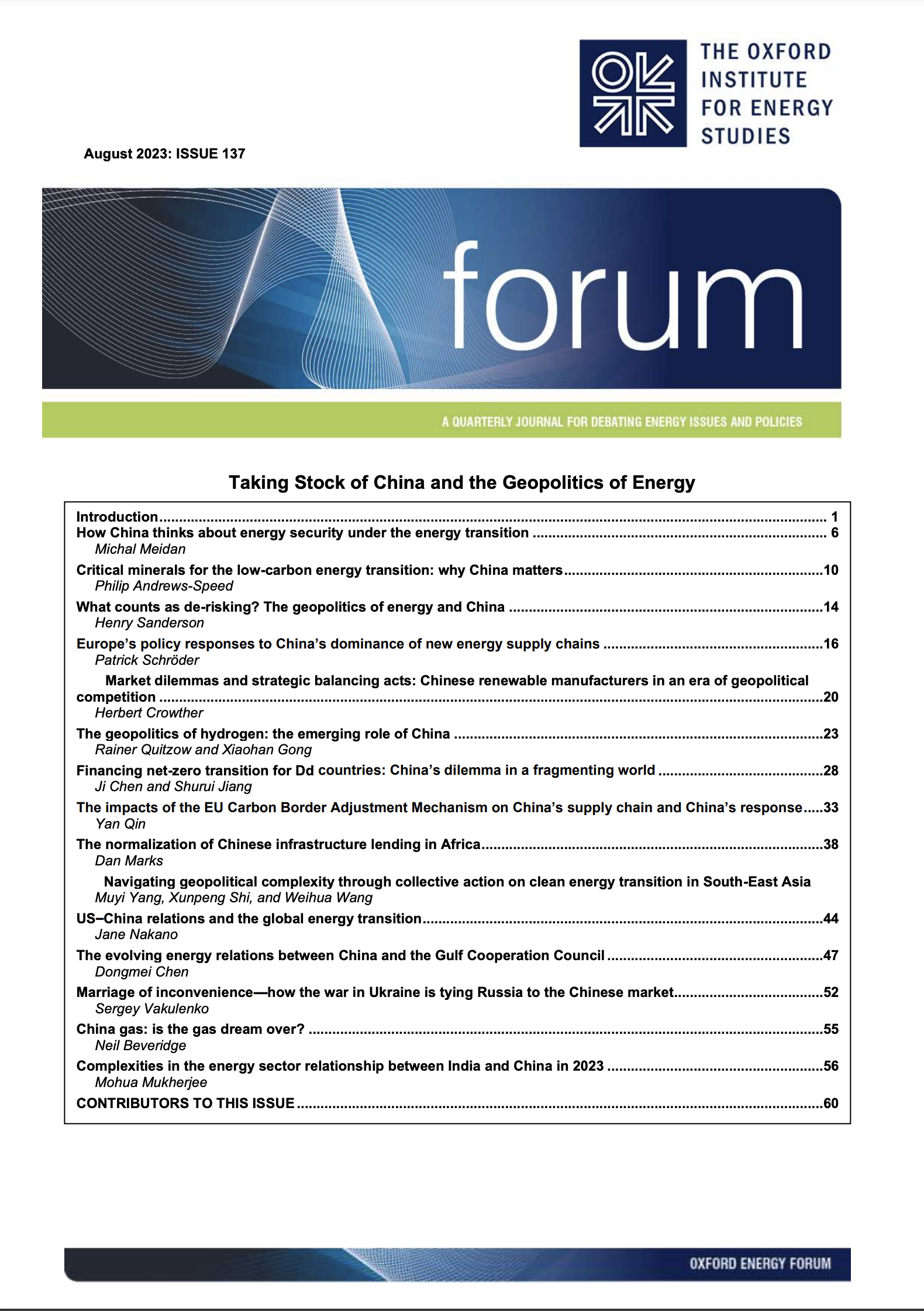From 2023 onward, the European Union’s (EU’s) Carbon Border Adjustment Mechanism (CBAM) will require importers to declare the embedded carbon emissions of electricity, iron, steel, aluminum, cement and fertilizers. The CBAM will ultimately transition into a carbon import tax, with the goal of resolving carbon leakages in the EU’s emission trading system (ETS).





